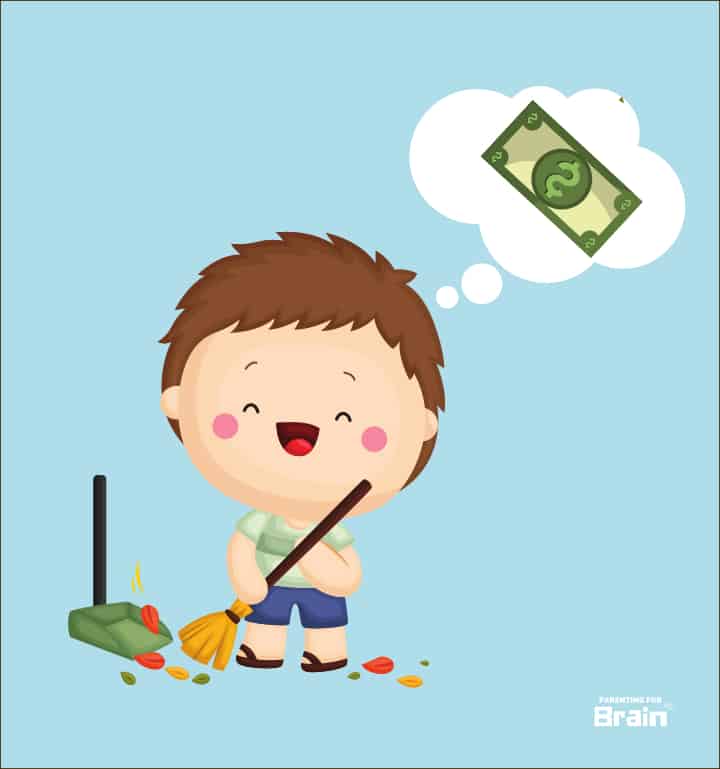I like to play with cats and I like the snow
Author: wak5136
Reinforcers – William Klepper
There are two types of reinforcers (Positive and Negative). They can be a bit confusing at times. Let’s start with what reinforcement is. Reinforcement increases behavior. It does this by adding something you like or taking away something you don’t.
I would like to use a real-world example. When I was younger if I ate my vegetables during dinner my parents would reward me with dessert. This was great! It made me eat my vegetables a lot more knowing I would be rewarded with a nice piece of cake or ice cream. This is an example of Positive Reinforcement. Positive reinforcement involves rewarding or praising a behavior to increase the likelihood of it being repeated. Pretty simple. Now here’s where it can get tricky. Let’s talk about Negative Reinforcement.
 positive reinforcement ^
positive reinforcement ^
So, Negative Reinforcement. Let’s make this very clear. Don’t let the word negative fool you… we are still increasing behavior. How this differs from its counterpart is that we are increasing behavior by taking something away. I remember when I was a young fella, around maybe 8 years of age, I was doing very well in my classes. My teacher decided to give me a homework pass to reward me. Looking at the bigger picture here the homework pass removed my work for the night. This motivated me to keep doing well in hopes this would happen again. You may ask, isn’t this positive reinforcement? She gave you something. Not exactly, what she gave me took something away.
When you think about it reinforcement is so important to our world. Why do you go to work? To earn money I’m guessing. Positive reinforcement. Think about how different the world would be if this didn’t exist. It’s so strange. How would that even work? Why would anybody ever do anything? I hope that you all learned something from this. I learned quite a bit myself throughout the creation of this post!
Mood Congruent Memory – William Klepper
It’s 2 o’clock in the morning and you’re sad. You feel as if the world is collapsing around you and your brain is acting strange. One thing leads to another and you soon end up recalling sad events from your past like the time your high school girlfriend left you. (She’s not coming back). Why does this happen? Well, this is called mood-congruent memory. It can loosely be defined as “A given mood tends to cue memories that are consistent with that mood”. This can feel scary at times. Are you upset that you failed a test? Well, prepare to be even more upset when your brain reminds you of how you didn’t perform well on the last 2. We’re all victims of this concept however it doesn’t always have to be sad. The other night I was hanging out with some friends. We had some laughs, maybe a few beers, and all around it was a great time. My brain started recalling times from my past where I also felt happy. I thought of joyful memories of my dog (Rip Buddy), times where I was watching sports with my dad, and it was just all good. Hey, here’s another cool thing I can add. Remember how I mentioned I may have had a couple of beers that night? Well, let’s talk about state-dependent memory. When I was in that intoxicated state my brain threw memories at me that I couldn’t even remember when sober. I shared stories with my friends about very specific events over the years that happened when we were under the influence. I could only recall these events because, to simply put it, we are better at remembering things when we are in that mental state.

Take a look at that graph. Strange, right? If you study for a test drunk you are better off taking it drunk than sober.
To sort of conclude all of this I would like to take a look at mood-dependent memory. This one can be a bit confusing. This is just like state-dependent memory except strictly talking about emotions and mood. We are just better at remembering things when we are in the same mood. If you’re sad studying for that big exam, you better be sad when taking it. Maybe listen to sad music or something. Set the mood.
